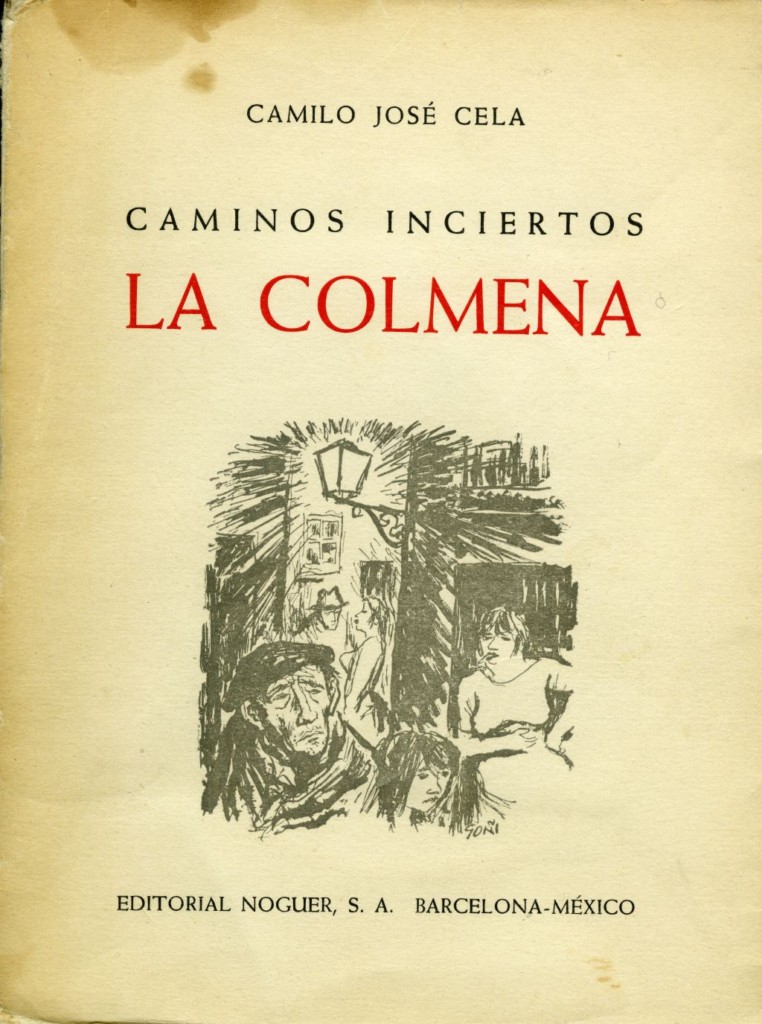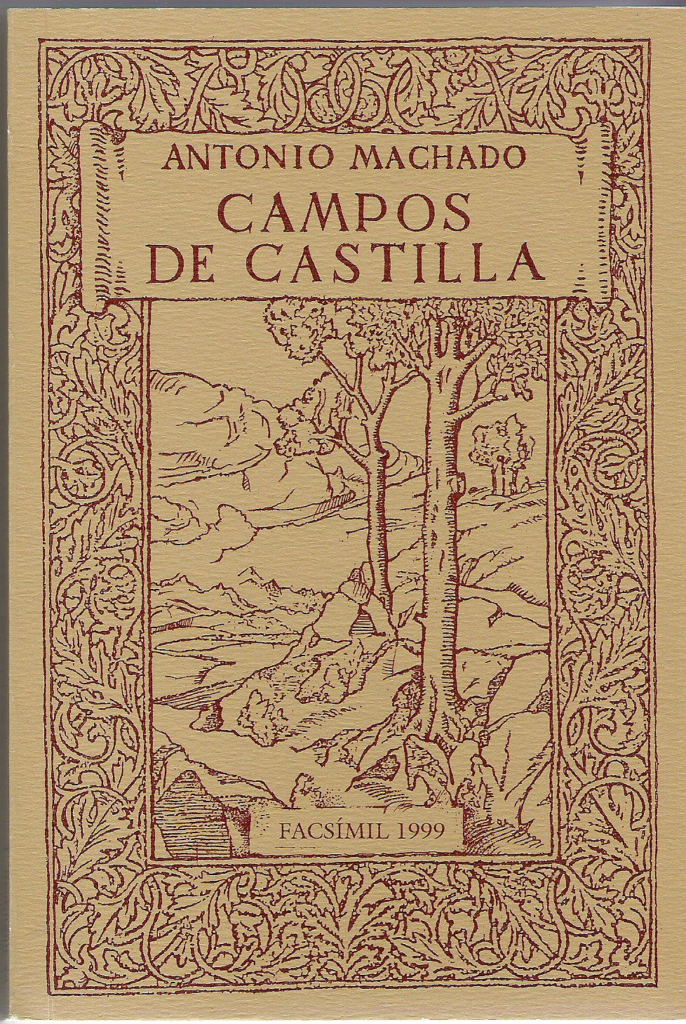Spanish literature is a rich and diverse world that spans centuries and offers readers a deep exploration of history, culture, and human emotion. From the profound works of the Golden Age to contemporary voices, here’s a selection of essential authors and books every Spanish language enthusiast should know.
1. Miguel de Cervantes – Don Quixote (1605 & 1615)
Cervantes’ Don Quixote is often hailed as the first modern novel and a cornerstone of Western literature. The tale of the nobleman who believes himself a knight-errant, fighting windmills he imagines are giants, is a timeless satire on idealism and reality. It’s a must-read for anyone looking to dive into the richness of Spanish culture.

2. Federico García Lorca – Bodas de sangre (1932)
Federico García Lorca is a key figure in 20th-century Spanish literature. His play Blood Wedding is a powerful, tragic exploration of love, passion, and fate, set against the backdrop of rural Spain. Lorca’s poetic and symbolic language resonates deeply with readers.

3. Gabriel García Márquez – Cien años de soledad (1967)
Although Colombian, Gabriel García Márquez’s masterpiece, One Hundred Years of Solitude, is written in Spanish and belongs to the broader category of Latin American literature. This novel is a landmark in magical realism, telling the epic story of the Buendía family over several generations. It’s an essential read for understanding the influence of Spanish on literature beyond Spain’s borders.

4. Isabel Allende – La casa de los espíritus (1982)
Another significant voice from Latin America, Isabel Allende’s The House of the Spirits blends the personal and the political in a family saga that spans generations. With elements of magical realism, this novel explores themes of love, dictatorship, and memory in a post-colonial Chilean context.

5. Camilo José Cela – La colmena (1951)
Winner of the Nobel Prize for Literature, Camilo José Cela’s The Hive is a vivid portrayal of post-Civil War Spain. Through fragmented scenes of Madrid’s life, Cela paints a stark picture of society in turmoil. His experimental narrative style makes this novel both challenging and rewarding for readers.

6. Mario Vargas Llosa – La ciudad y los perros (1963)
Peruvian Nobel laureate Mario Vargas Llosa’s The Time of the Hero is set in a military academy and critiques the authoritarian structures in Peruvian society. It’s an intense psychological novel that explores themes of power, corruption, and individual resistance.

7. Antonio Machado – Campos de Castilla (1912)
Antonio Machado’s poetry, especially in Campos de Castilla, is deeply tied to the Spanish landscape and reflects on Spain’s identity during a time of crisis. His melancholic and reflective style offers a poetic lens through which to understand Spain’s historical struggles and national soul.

Why Read Spanish Literature?
Spanish literature not only offers beautiful, emotionally charged prose and poetry but also provides a window into the history, politics, and culture of Spain and Latin America. By reading these works, you’ll gain deeper insights into themes like identity, resistance, and social justice, all through the lens of some of the most skilled writers in the world.
